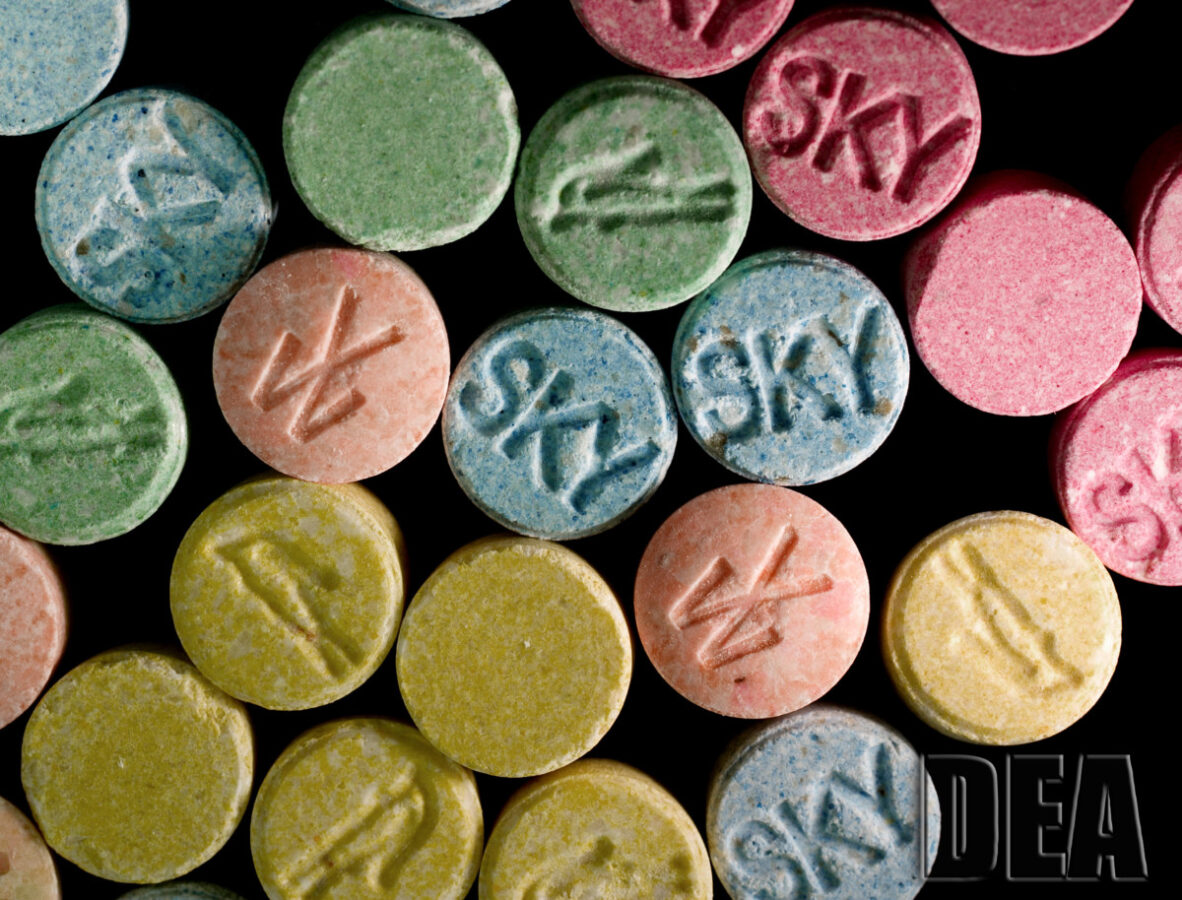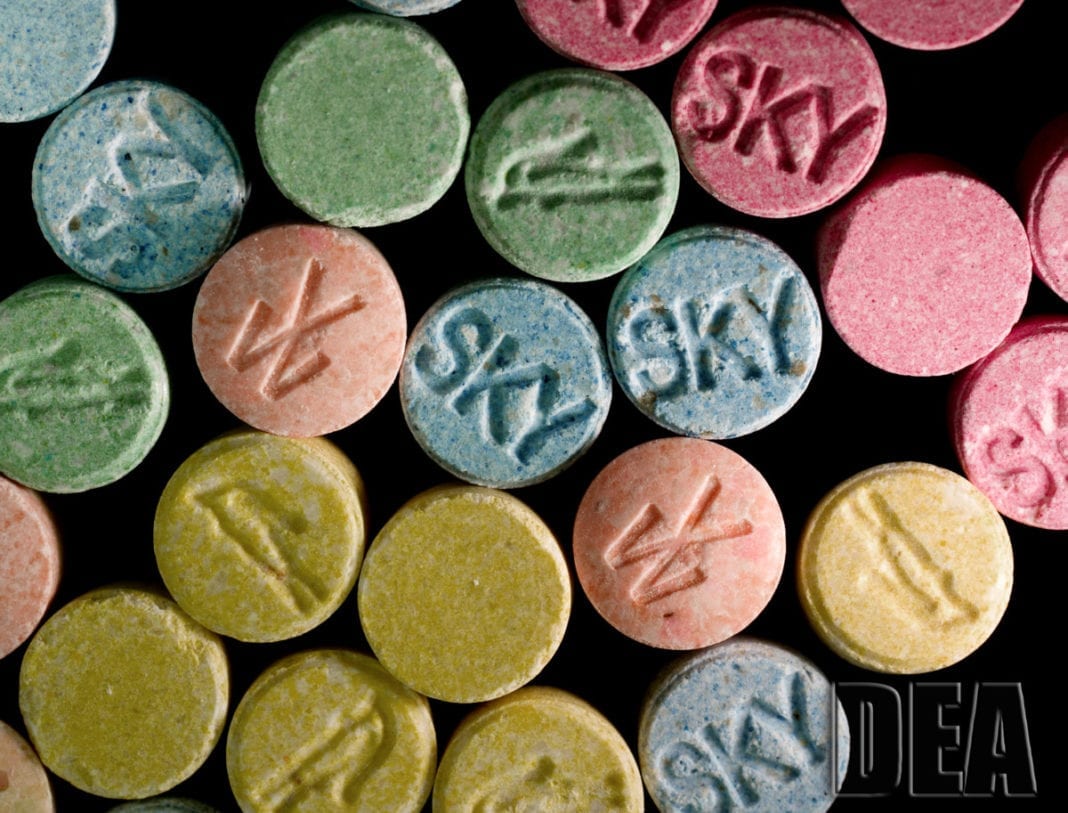Designer drugs in the Netherlands: what is it and why does the government want to act against it (and yeah, what we’re thinking about all this…)
The Dutch cabinet is looking to tackle designer drugs by changing the Opium Act. Minister Grapperhaus and State Secretary Blokhuis want to amend the Opium Act to close loopholes in the law. Chemists often change the composition of drugs by switching ingredients so that the product is classified as legal.
They want to ban certain drugs altogether and “substance groups” that are used as raw materials for designer drugs. Soon a full list of “substance groups” will be on the list 1 of the Opium Act. This way, a whole group of designer drugs can be banned, regardless of its composition.
Blokhuis tells De Telegraaf, “The market was always too fast for us … As soon as we put one on the list of prohibited substances, the composition was slightly changed and it was no longer illegal.”
What are designer drugs?

Designer drugs are loosely defined as drugs that are created in a laboratory synthetically. Whereas marijuana grows naturally from the cannabis plant, designer drugs are altered synthetically, often with household ingredients like homemade substances. These are produced to copy the effects of existing drugs.
Common designer drugs are MDMA (Ecstacy), Ketamine and LSD, common illegal party drugs in the Netherlands. Particularly with ecstacy (or XTC) in the Netherlands, pills are often laced with other substances such as rat poison, heroin, and methamphetamine.
Designer drugs in the Netherlands: How do designer chemists make their drugs legal?
It might seem hard to grasp the concept of designer drugs in the context of the Netherlands. Since most of these are illegal drugs such as MDMA (Ecstacy), Ketamine and LSD, how do designer drug makers make their drugs legal?
It’s actually not that complicated when the law is so undefined. All a chemist has to do it change a few molecules. As the law bans specific substances, when a chemical structure is altered to be different from those substances, the product is no longer illegal. All designer drug chemists have to do is create a different formula when a substance is banned. Thus, designers can produce legal drugs that give a similar effect to an existing illegal drug like cocaine, without breaking the Opium Act. Drug chemists are often striving to create new products that are not illegal yet.
Will tightening the Opium Act make it harder to produce and sell designer drugs? Maybe. But this won’t stop the illegal drug industry. The Dutch production of synthetic drugs generated nearly 20 billion euros last year. The Netherlands is a main headquarter for drug criminals, according to Tilburg University.
My humble opinion on designer drugs in the Netherlands:
In reality, drug users will continue to purchase designer drugs. Legalization is the only way to ensure users are consuming the drugs they asked for. Legalization would mean regulation that ensures the quality of drugs and making sure these are not cut with harmful substances. It would mean fewer overdoses. How can someone know how much ecstasy is safe to take if that pill is laced with methamphetamine and rat poison? Prohibition has led to the stigmatization of drug users and legalization would open up a conversation about safer drug use. Politicians are in denial – prohibition does not work.
Do you think altering the Opium Act will get rid of designer drugs in the Netherlands? Let us know in the comments, below!



